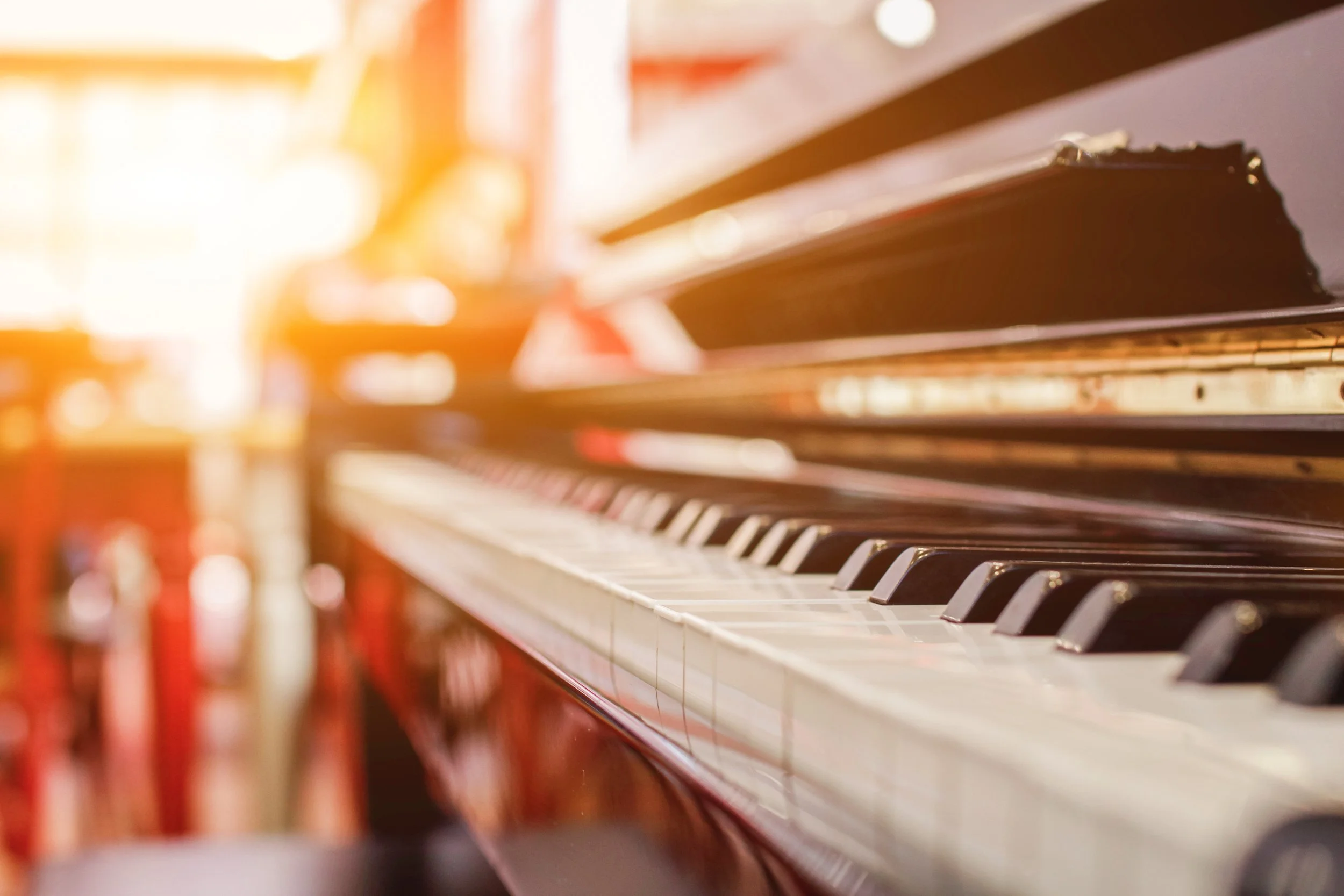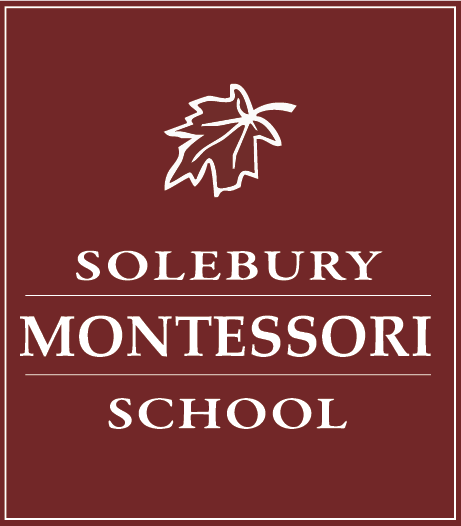Curriculum
The Montessori curriculum can be divided into six categories: practical life, sensorial, language arts, mathematics, science, and cultural studies. Our cultural studies program includes Spanish, art, music, and movement.
"Perhaps a great future leader or a great genius is with us and his power will come from the power of the child he is today."
- Dr. Maria Montessori
-
Practical Life
The practical life exercises enable the child to learn the essential skills of everyday life. Children participate in activities such as, care of self, food preparation, caring for pets, and maintaining the classroom. These valuable skills encourage autonomy and a sense of order.

-
Sensorial
Children learn and explore the world around them through their senses. The Montessori classroom is full of exercises that put children in tune with their five senses. Children learn to discriminate between objects as they categorize and classify by the physical properties of quantity, weight, temperature, size, form, and color.
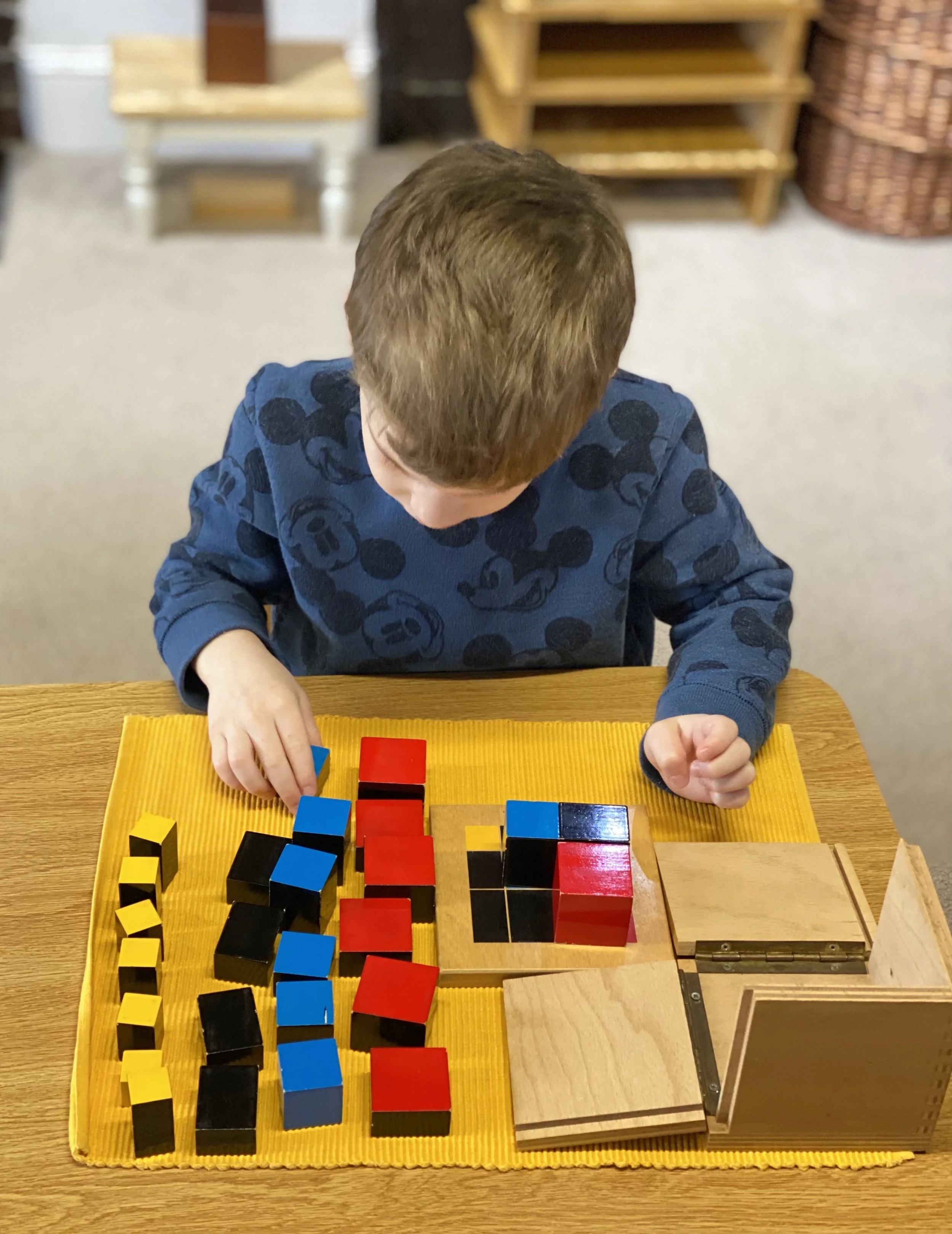
-
Language Arts
Engaging, high-quality literature and a sequential language curriculum guides children through a natural progression, beginning with oral expression to developing reading and writing skills. This approach broadens their communication skills at every stage, gradually building a solid foundation in both spoken and written language.

-
Mathematics
The concrete Montessori math materials support children as they build a strong understanding of numbers and develop important problem-solving and critical thinking skills. Through direct interaction with these materials, children can explore mathematical concepts in depth and strengthen their overall comprehension through active participation.

-
Science
Science allows children the opportunity to discover and explore the world around them. The Montessori curriculum includes instruction in biology, botany, zoology, and physics. Children learn about the scientific method by conducting simple science experiments.

-
Cultural Studies and Geography
Children learn beginning map skills through the use of globes, puzzles, and landforms. Literature featuring cultures from around the world comes to life as students listen to music and sample authentic cuisine.

-
Spanish
Children are immersed daily into Spanish in an enriching and dynamic environment that includes conversation, music, art, literature, and exploration of different Spanish speaking cultures. Through these activities, they build strong language skills, and develop a meaningful appreciation for the depth and diversity of the Spanish language and culture.
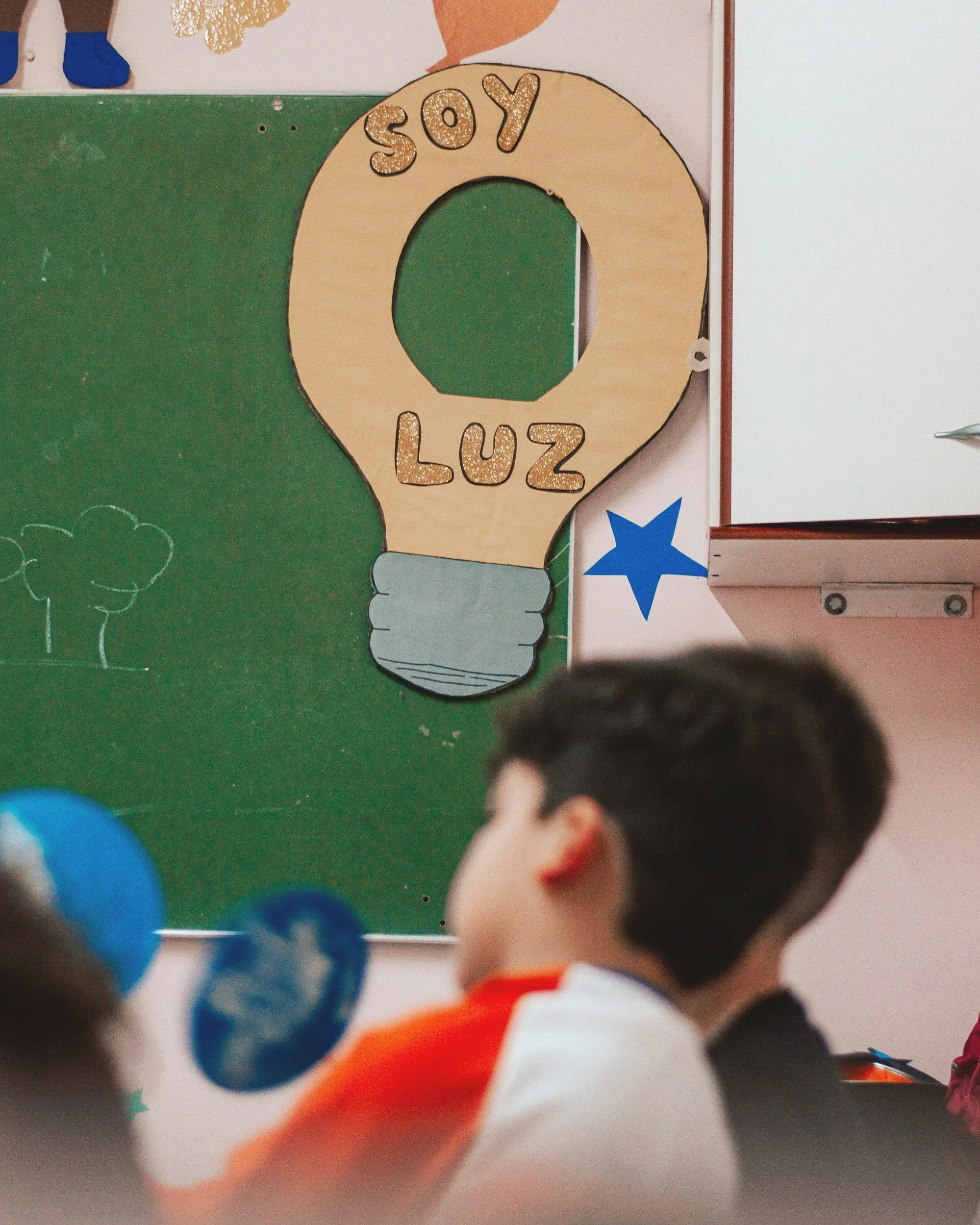
-
Art
The art program is designed to integrate all aspects of the curriculum. Children learn the fundamental concepts of line, form, and color. They also explore various mediums, genres and artists throughout the year.
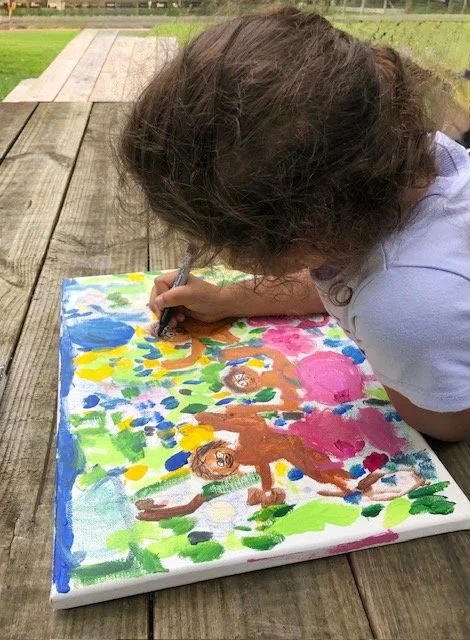
-
Music and Movement
Music is a fundamental part of the Montessori curriculum. Instruction is provided daily through songs, dancing, rhythmic activities, and music appreciation activities. Children learn about the different genres of music as they study various composers. The Montessori Bells further enhance the curriculum by introducing children to basic music theory.
